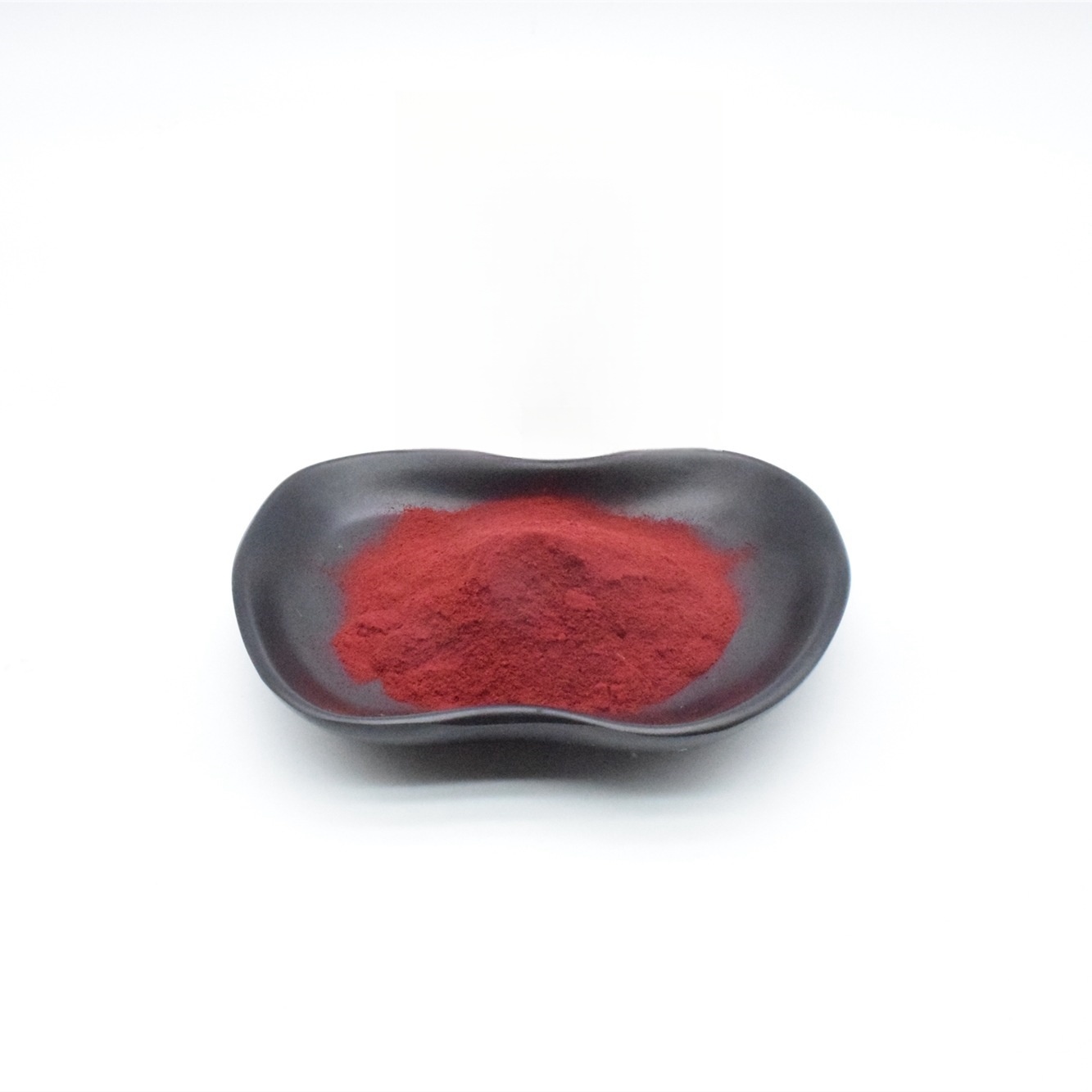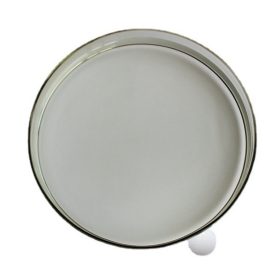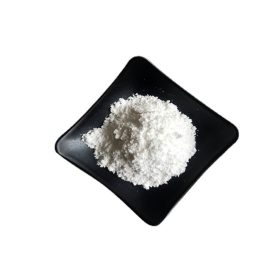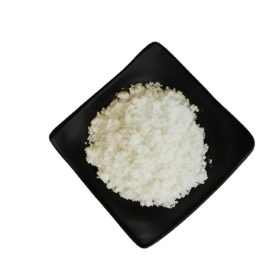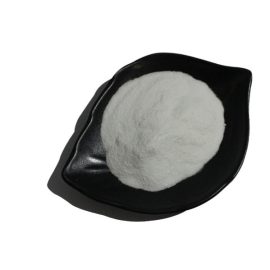Bilirubin
Essential Compound for Liver Health, Antioxidant Research, and Clinical Applications
Key Benefits
Liver Function Indicator – Bilirubin is a critical biomarker used in assessing liver function and diagnosing liver diseases, including jaundice and cirrhosis.
Strong Antioxidant Properties – Acts as a potent antioxidant, helping to protect cells from oxidative stress and damage, particularly in liver cells.
Anti-Inflammatory Effects – Bilirubin has demonstrated anti-inflammatory potential, useful in conditions related to chronic inflammation.
Natural Occurrence – Bilirubin is a natural byproduct of hemoglobin breakdown, found in the bloodstream and excreted in bile.
Research Tool – Widely used in clinical and preclinical research to study liver diseases, oxidative stress, and cellular damage.
Applications
Liver Health Research – Used in studies related to liver diseases, including hepatitis, cirrhosis, and metabolic liver disorders.
Oxidative Stress Studies – Incorporated into experiments aimed at understanding the role of antioxidants in cellular protection.
Diagnostic Tool – Employed in laboratories for blood tests and diagnostic assays to monitor bilirubin levels in patients.
Pharmaceutical & Biotech R&D – Used in the development of drugs targeting liver conditions, detoxification processes, and oxidative damage.
Clinical Trials – Investigated in clinical trials for its potential therapeutic effects, particularly in liver regeneration and anti-inflammatory therapies.



